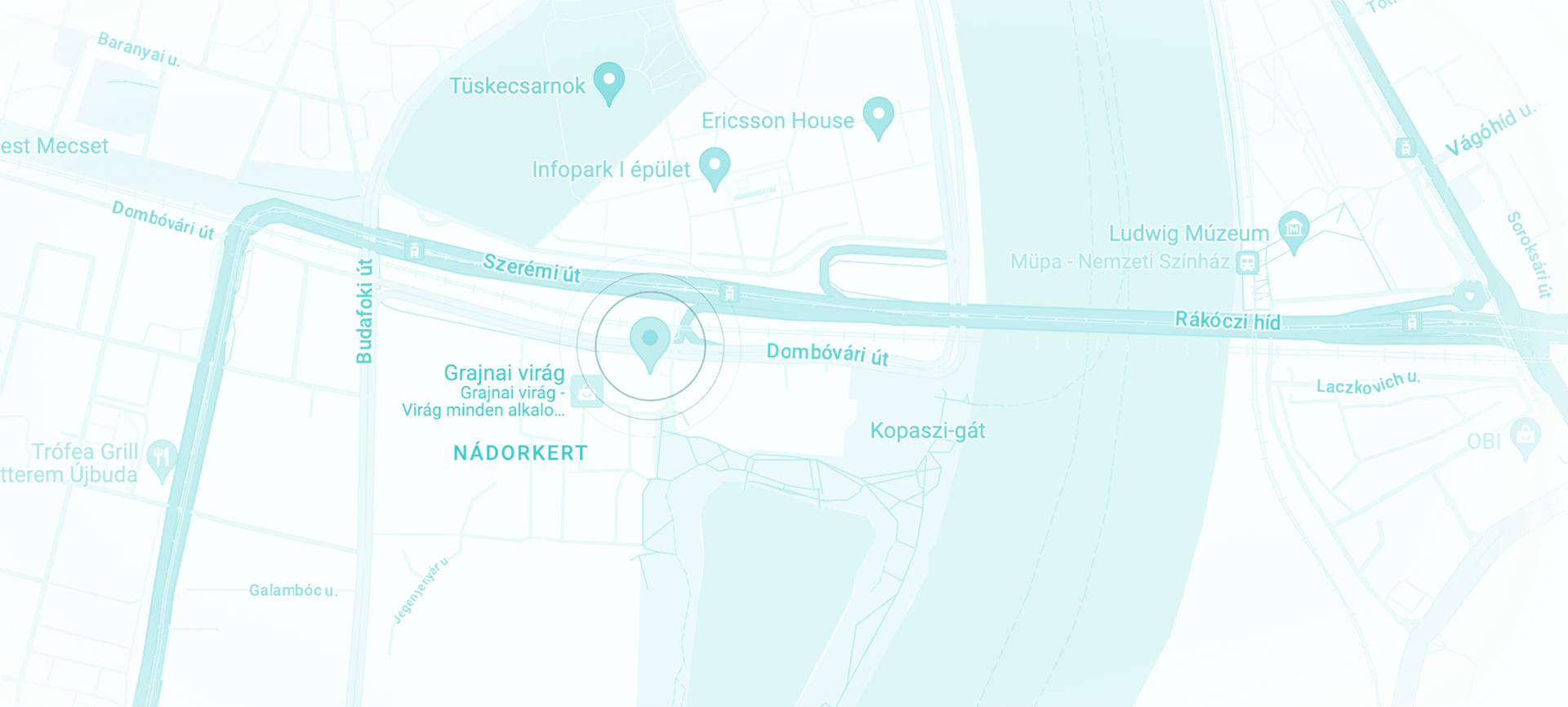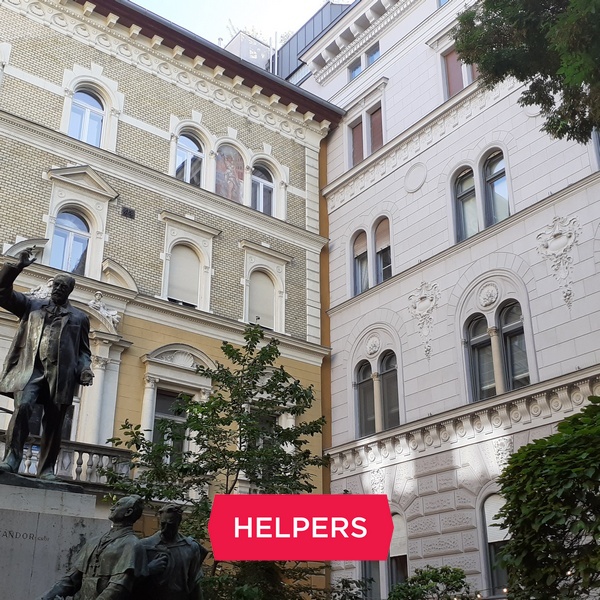
Can my child sign their Hungarian residency application?
As a rule of thumb, children are not fully legally competent. This means that they cannot make certain decisions for themselves, and as a result, they cannot sign documents: you, their parent must take action on their behalf. Let’s take a closer look at this.
As a rule of thumb, children are not fully legally competent. This means that they cannot make certain decisions for themselves, and as a result, they cannot sign documents: you, their parent must take action on their behalf. Let’s take a closer look at this.
Children are not legally competent
Being legally competent is different from how “competent” is used in everyday speech. It is independent of how skilled, adept, or experienced someone is. Instead, it means that you are supposed to be able to take care of yourself and your affairs, and you can make legal declarations about yourself.
Adults are legally competent (unless under specific circumstances, such as mental illness or a court decision). Minor children (under 18 years of age) are not fully competent, and as their parent, you are responsible for them.
- Children under 14 are legally incompetent
- Children between 14 and 18 are partially incompetent
- Adults (above 18) are fully competent
Children under 14 are legally incompetent. This means that as their parent, you will be required to take care of all their needs. This includes not only financial, physical, and emotional support, but also administrative support. If your child needs any kind of paperwork, you must take care of that too on their behalf.
Children between 14 and 18 are partially incompetent. You as their parent are still required to take care of all their needs, but they already have limited rights to act on their own behalf, e.g. they can enter into contracts that can only benefit them, or they are allowed to decide what to do with money they have earned. When it comes to government administration, in most cases either parents act on their behalf, or they still need additional parental authorization.
Immigration documents
The Hungarian residency application of children is handled in the family unification procedure. In the description of this procedure, the Immigration Office specifies that if the applicant is a minor, the application should be submitted by their legal representative. By default, the legal representative is the parent, which should be proven by a relevant document (in most cases, this means the birth certificate).
The application should also contain a document to verify that the legal representative of the child approves of their immigration to Hungary. In practice, this means both parents. The parent who is the main applicant makes a moral statement indicating that they will cover the living costs of their child while in Hungary. At the same time, the other parent is often asked to declare that they agree to their child moving to Hungary.
If the parents are divorced, a document establishing full custody might be required by the Immigration Office. Even then, however, the other parent might be required to sign a declaration that they agree to their child moving to Hungary.
If one of the parents is deceased, a death certificate is required to prove that the live parent has full authority.
Applying for residency with a child
In line with the above, since minors are not legally competent, the Hungarian residency application of a child who is not yet 18 years old should be signed by one of the parents (either the main applicant or their spouse). However, this does not mean that the child can be left out of the procedure.
Regardless of the age of the child, a passport photo should be submitted with their application. If they are at least 6 years old, they should go to the appointment together with their parents, and their fingerprint will be taken too, just like the parents’.
Let us help you with your family unification
The Helpers Team provides comprehensive assistance with Hungarian residency applications to the entire family. Family unification is available with various types of Hungarian residency, and we are happy to help regardless which option the main applicant has chosen.
If you need help understanding which procedure suits your needs the best and what steps you should take, feel free to contact us for advice.
Was this article useful? Follow us on Facebook and learn more about immigration to Hungary.
Contact
Contact us today
Monday - Friday
9am - 5pm CET
Helpers Hungary Kft
Budapart Gate
Dombóvári út 27
Budapest 1117, Hungary
If you’re visiting us, please use entrance A and come to the 2nd floor.






